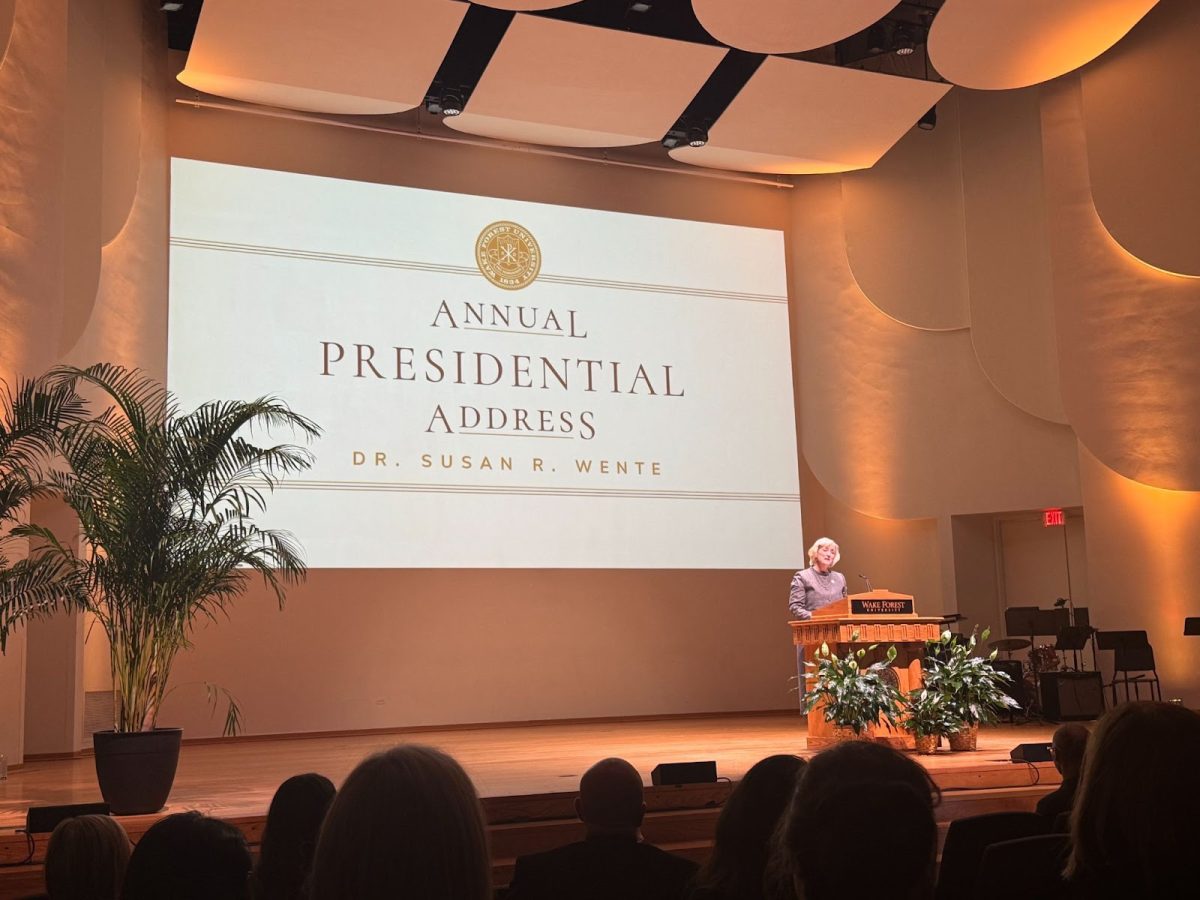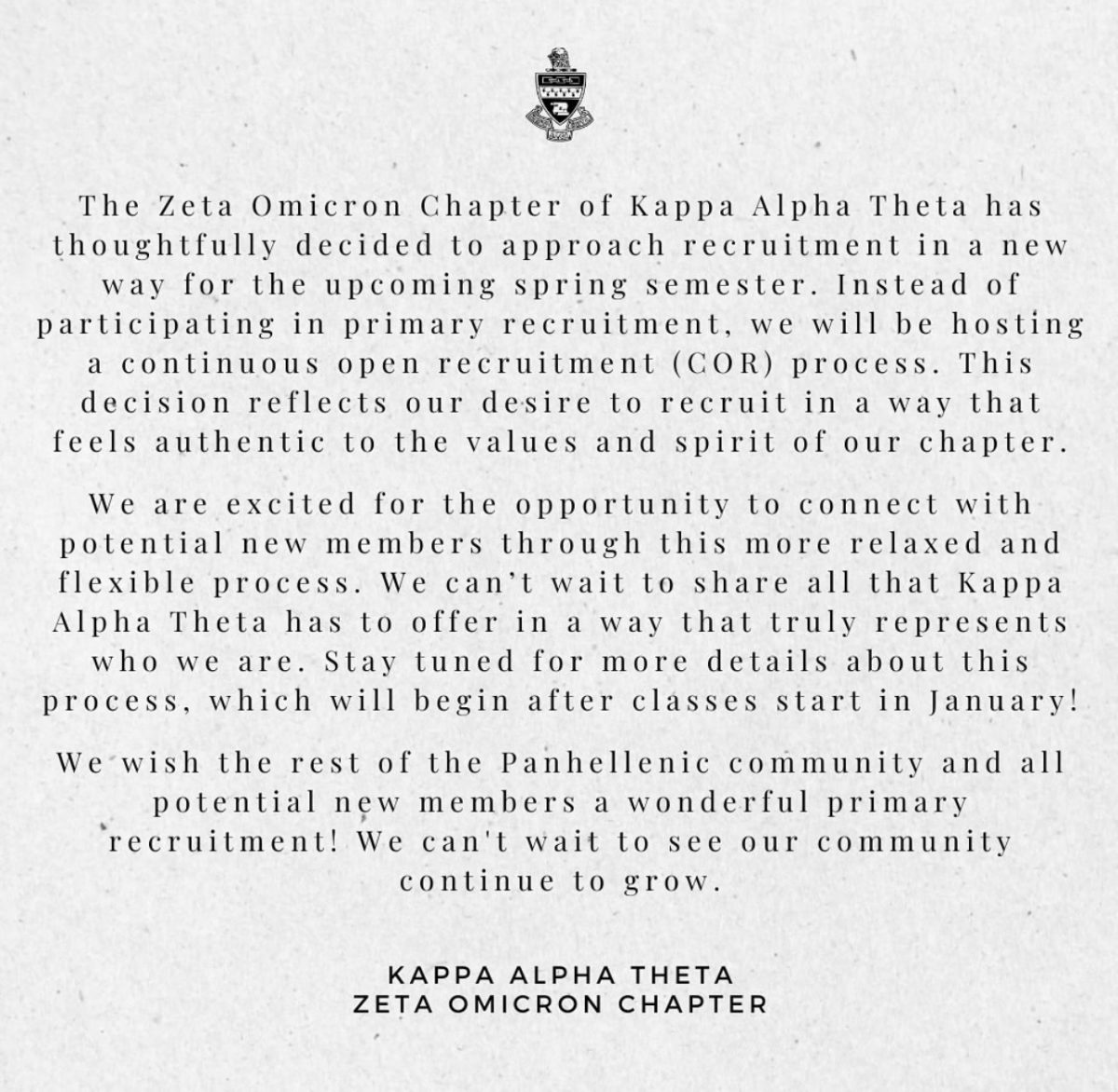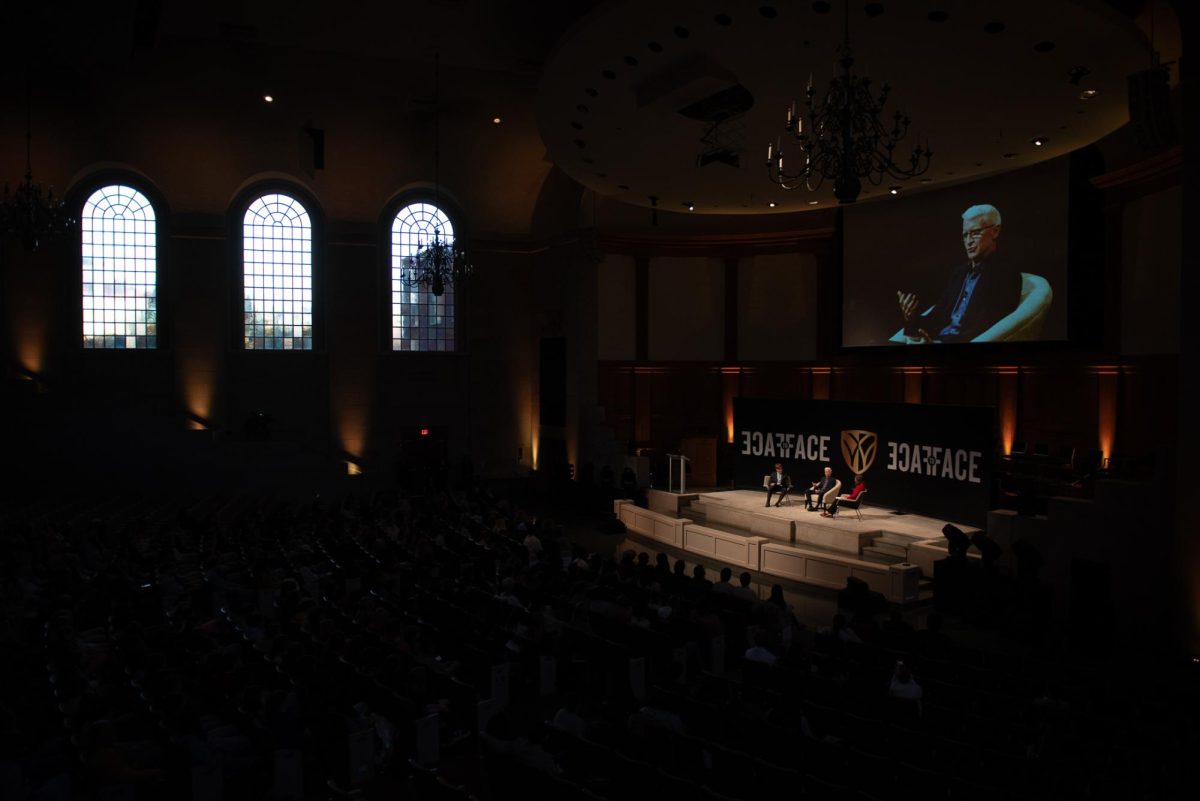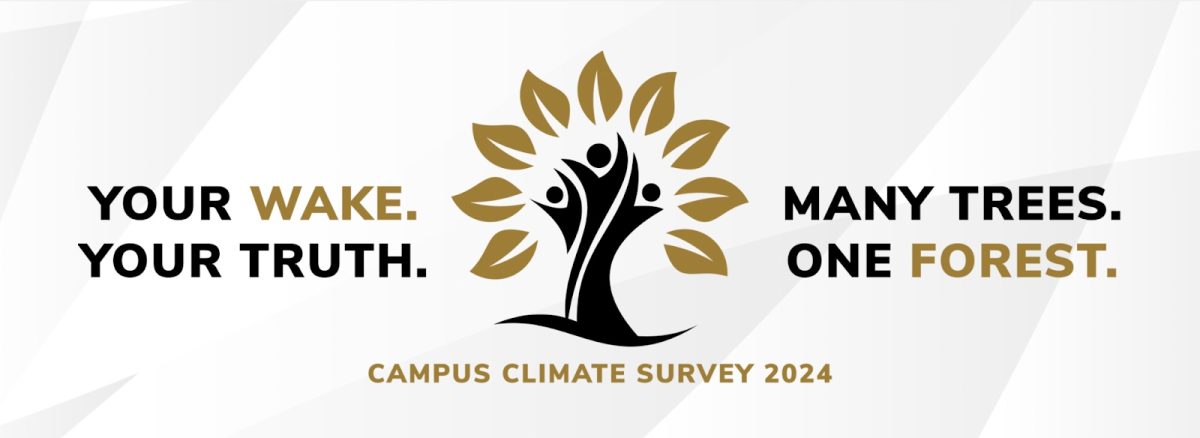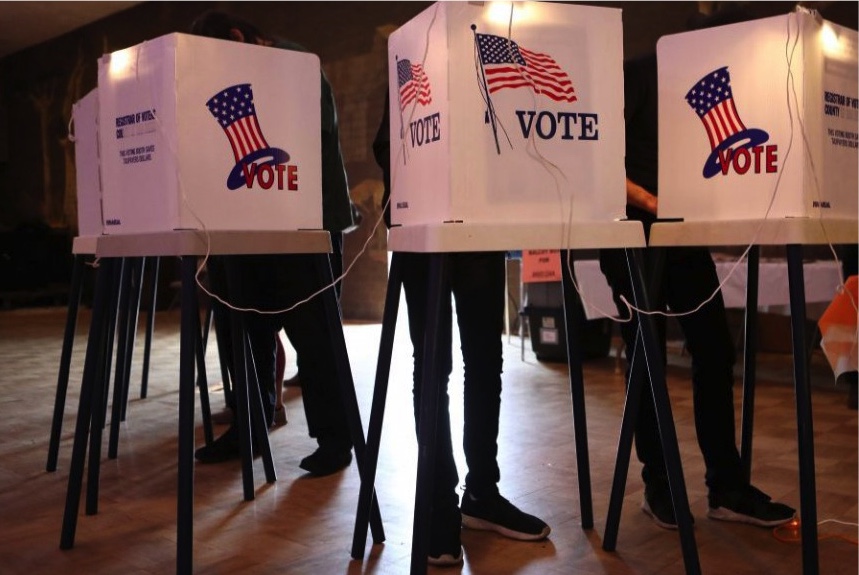Students left a Wednesday night listening session for the revised Code of Conduct feeling cautiously optimistic following a handful of tense exchanges with the Associate Dean of Students.
Although students displayed varying emotions and degrees of frustration as they articulated their concerns — both personal and in principle — about the proposed changes, the event ended on a relative high note with Associate Dean of Students Matthew Clifford agreeing to take specific actions recommended by the students.
The listening session, held at 7 p.m. in DeTamble Auditorium, was part of a three-month feedback process for revisions made to the Student Code of Conduct over the summer.
About 30 students showed up to the session. The relatively small group prompted Clifford to welcome a more informal discussion than was previously planned. Students took this opportunity to convey to administration their concerns over the proposed changes as well as their reasons for why they felt it necessary to come to the session.
“I felt that it was important for us to show up and say that we won’t stand for rules that put people at risk,” said junior Nolan Dahm. “With recent events in places like Charlottesville, a lot of institutions claim to be protecting free speech, when in reality they’re actually suppressing dissent while allowing for violent speech and actions.”
The most controversial and heavily-discussed changes to the Code, which can be found online, involve policies related to disorderly conduct, disruption of university activities and student activism. These changes, perceived by many students present at the session as an attempt to limit the free expression of marginalized groups on campus, come at a time of increased debate both at Wake Forest and in national politics about free speech, protest and the role that educational institutions should play in managing such issues.
“I worry that these new policies are not going to be applied equitably to different groups of students on campus,” said senior Jenny Mai.
Students questioned Clifford about how the new policies would affect specific activities such as chalking the sidewalk with messages of dissent, holding speak-outs on the lower quad,or using signs and chants to interrupt speakers whose message they deem inappropriate and counter to the University’s stated values.
“I’m concerned that these policies are targeting specific actions that have been taken by marginalized groups on campus in the past,” said senior Cameron Steitz. “Why is it considered disruption of university activities when students of color protest but not when important material can’t be covered in class because half of the students are off with their frats or sororities at mountain weekend?”
Clifford struggled at various points throughout the session to ease such concerns. Despite his repeated insistence that he “understood and valued the perspectives of the students” present, some in the audience remained unconvinced.
A few students could even be seen shaking their heads or rolling their eyes at certain responses from Clifford.
“I don’t feel like you are understanding us, actually,” said senior Aditya Mudigonda. “If you are hearing us, then what are you going to do to help fix this?”
Some changes do seem likely to come about as a result of the session, however. Upon the recommendations of multiple students, Clifford agreed to make the review process more transparent by posting information to the website about model codes of conduct as well as outside groups and individuals that were involved in shaping the new code.
He also assured students that he would share all of their concerns with the review board.
“This is an ongoing, three-month long process,” Clifford said. “I encourage you to post more comments and concerns on the website so that they can be conveyed to the review board as accurately and directly as possible.”
With the promise that specific actions would be taken, some students felt a little more at ease.
“I’m still afraid that we won’t get the administrative response that we need,” junior Nolan Dahm said. “But it was good being able to talk to someone, and I at least feel like what I said was acknowledged.”





